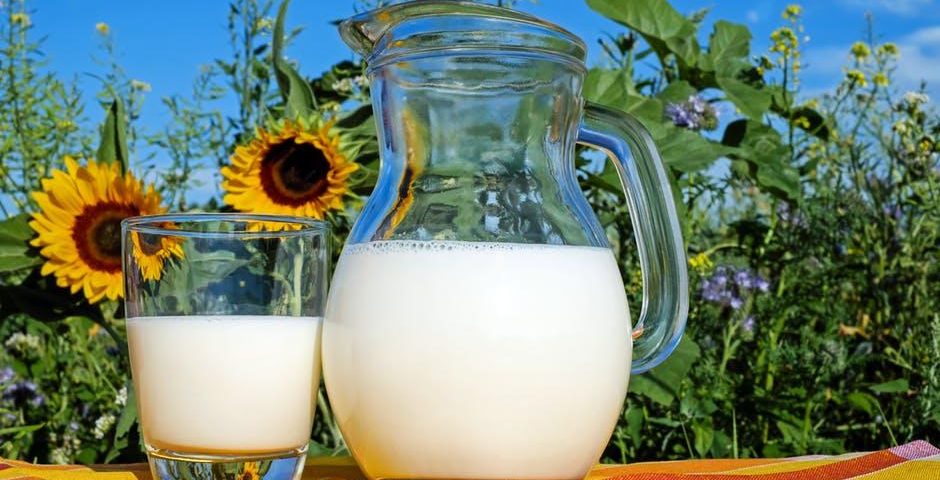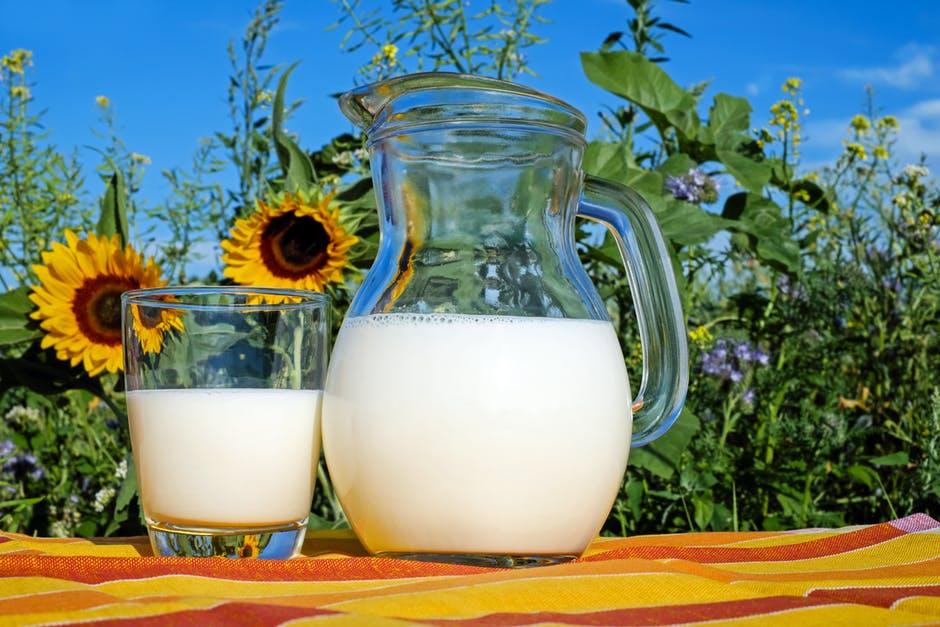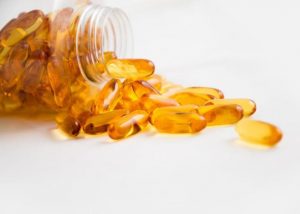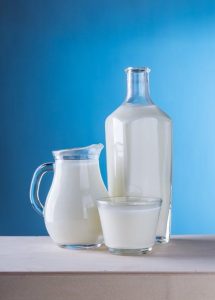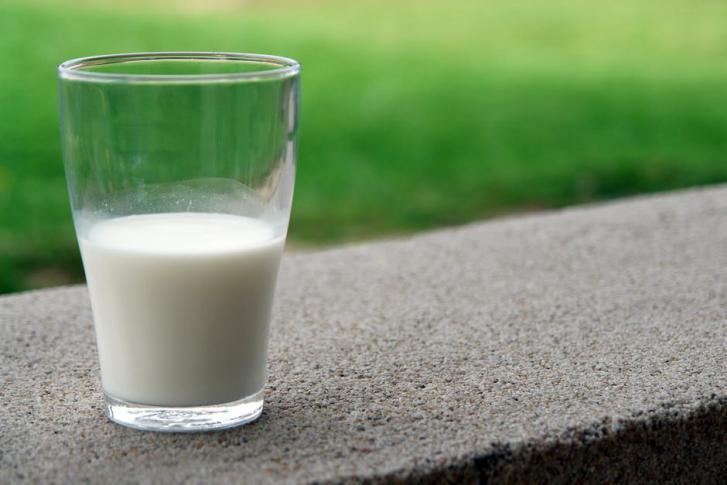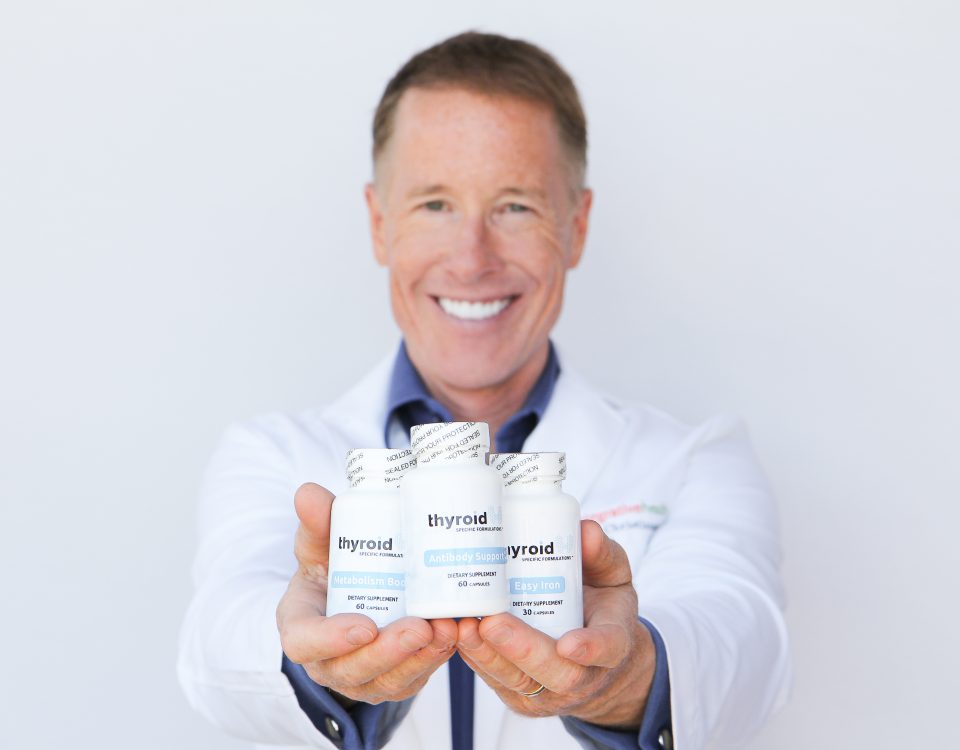Elevated levels of C-peptide are a good indication of elevated levels of insulin production. This means that diabetic individuals who consumed camel milk alongside their regular treatment were able to produce more insulin which improved their diabetic symptoms, which is great!
2.Camel Milk For Autism
Autism is another condition which has the potential for improvement with the consumption of camel milk. Autistic children generally have significant amounts of, hold your breath; thymus and activation-regulated chemokine (henceforth referred to as TARC), in their blood.
The methodology behind how TARC plays a role in autism is not relevant here so we won’t dwell on it, but what is relevant is that TARC is present in greater amounts in children with autism and that TARC increases with the severity of autism7. A promising study published in Pediatric Research revealed that consuming camel milk for only two weeks significantly reduced the levels of TARC in autistic children8.
Another exciting study links camel milk to being a potential aid in improving the behavioral effects of autism. The researchers conducted a double-blind study with 65 children to determine if consuming camel milk would improve their autistic behavior. The children were divided into two groups, one group consumed camel milk while the other group drank a placebo drink.
Their behaviors were measured after two weeks of consumption with reliable scales including the CARS scale. Astonishingly, the researchers found that the children that consumed camel milk had a significant improvement in their behavior whereas the placebo group remained the same9.
The fact that the study was a double-blind design, in which neither the researchers nor the children knew what group they were assigned to increases the validity of this study and gives us hope that camel milk really may have legitimate therapeutic benefits for individuals suffering from autism.
3. Camel Milk For Treating Allergic Reactions
Allergic reactions can be quite severe at times and occasionally fail to respond to conventional medication. Allergies can be seasonal or caused in reaction to a particular substance. If you want more insight into the causes of seasonal allergies you can listen to my podcast here.
According to one study, camel milk has been shown to reduce the occurrence of all allergic reactions. This study discusses the amelioration of allergic reactions that occur when one consumes camel milk.
The researchers prescribed camel milk to eight children who had severe allergies to various substances but had failed to respond to conventional treatments. All eight children were monitored and over a short period, it was reported that they allegedly made a full recovery from their allergies10.
Of course, there are flaws in the design of this experiment starting with the small sample size, but the results are very encouraging and more research should definitely be done to support these claims.




